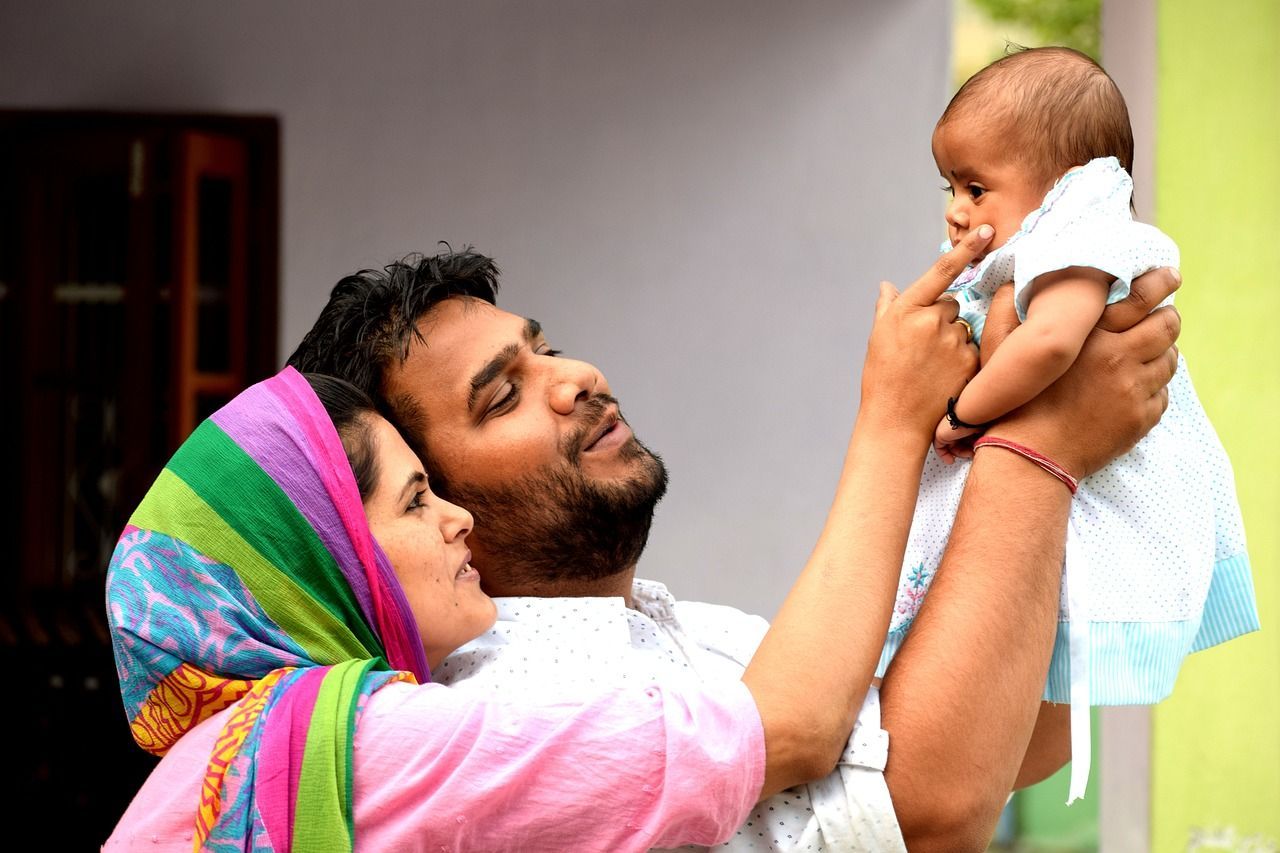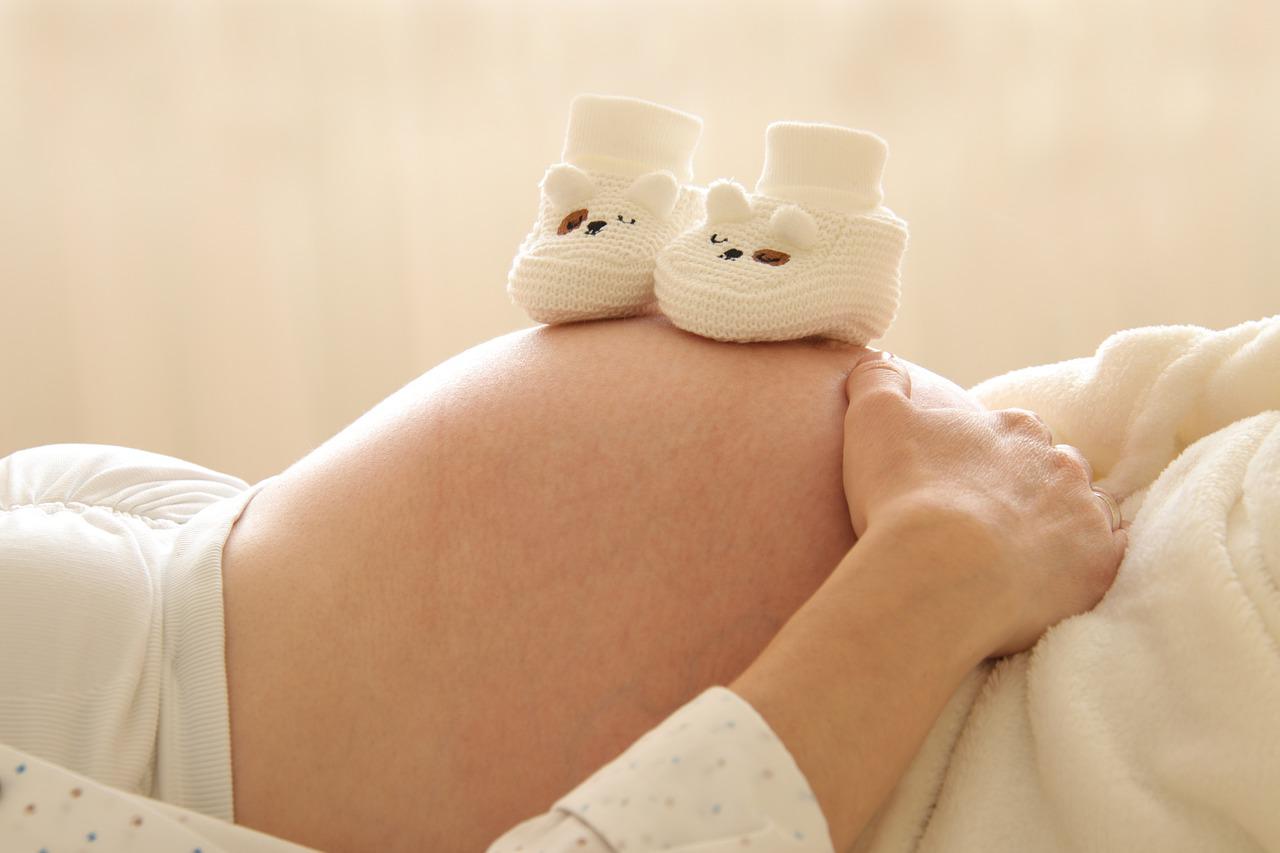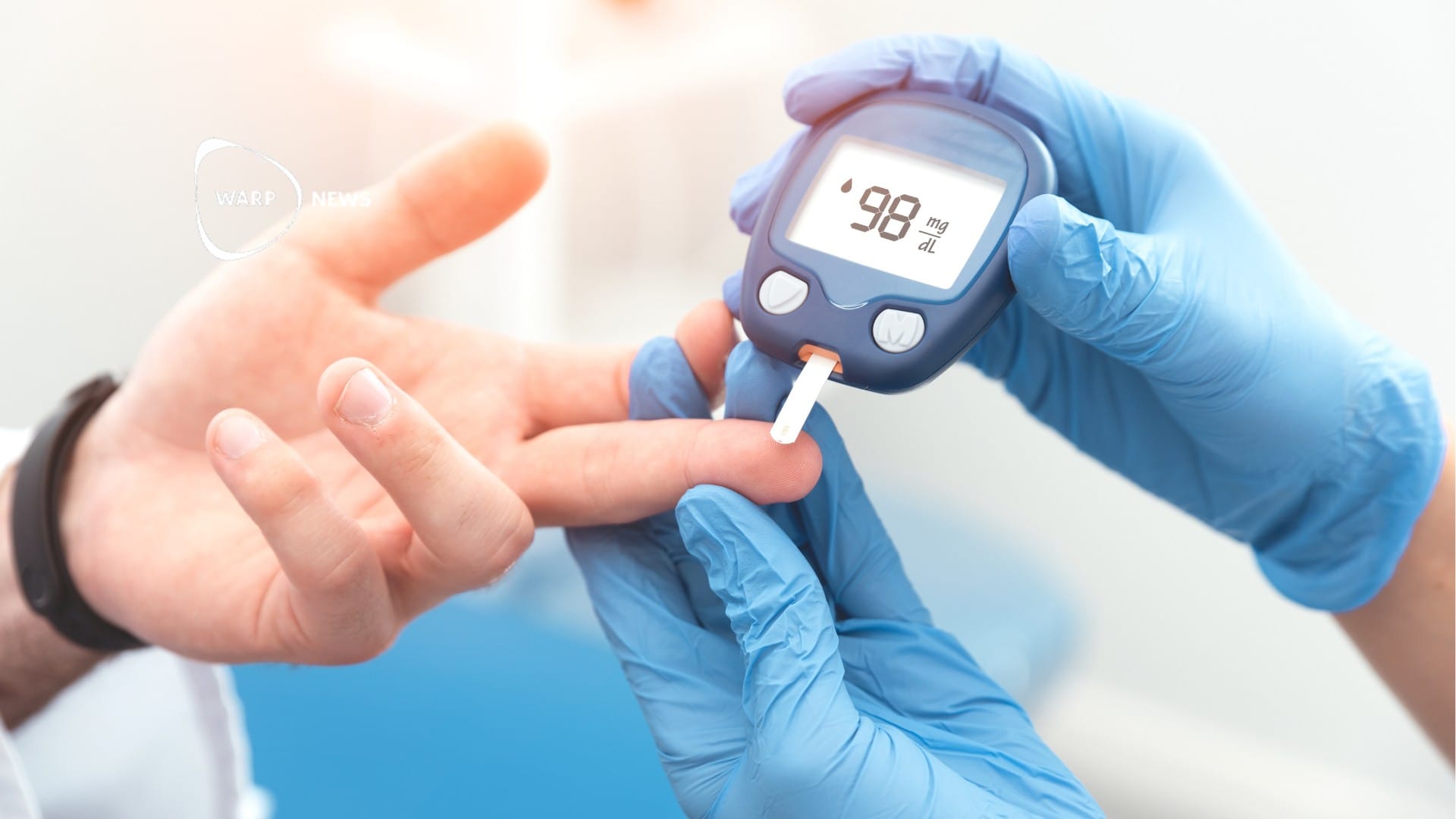
👶 Parental leave can protect parents against mental illness
Generous parental leave gives parents protection against depression, burnout, and anxiety.
Share this story!
Having a child is probably the biggest event in a person's life, but it is not certain that it is a purely happy event.
"Becoming a parent can be stressful for the parents. Most of the time we only think about the hormonal and physical changes that the mother experiences, but the transition to parenthood is stressful for the whole family," says Sol P Juárez, associate professor and senior lecturer at the Department of Public Health at Stockholm University.
According to Sol P Juárez, 10 to 20 percent of mothers and up to 10 percent of fathers suffer from psychological problems after childbirth. One thing that could possibly reduce the risk of mental illness among new parents is generous parental leave rules.
Sol P Juárez, together with a research group, has investigated just that matter. The study is now complete and the results are clear.
"From the review, we can conclude that parental leave provides protection against mental illness including depression, general mental illness, mental anxiety, burnout, and the need for mental health care. This applies especially to mothers and the beneficial effects are associated with more generous parental leave systems, for example with longer leave," says Amy Heshmati, Ph.D. student at Karolinska Institutet and another of the researchers behind the study.
Especially for the mothers, the parental leave provided clear advantages. Paid leave for at least two to three months gives mothers good protection against mental illness.
"An interesting discovery is that the beneficial effects are not only observed shortly after childbirth. For mothers, the protective effects of parental leave can have a positive impact on life even in the longer term," says Helena Honkaniem, postdoctoral researcher in public health at Stockholm University and co-author of the study.
The study shows a clear connection between parental leave and mental health, but the researchers still want to see more research in the area.
"Although we found evidence of protective effects that last for years after birth and later in life, more research is needed to confirm this. Having said that, we can state that current research strongly shows that generous parental leave contributes to alleviating or preventing mental illness, especially for mothers, something that is very relevant from a political perspective", says Amy Heshmati.

By becoming a premium supporter, you help in the creation and sharing of fact-based optimistic news all over the world.



